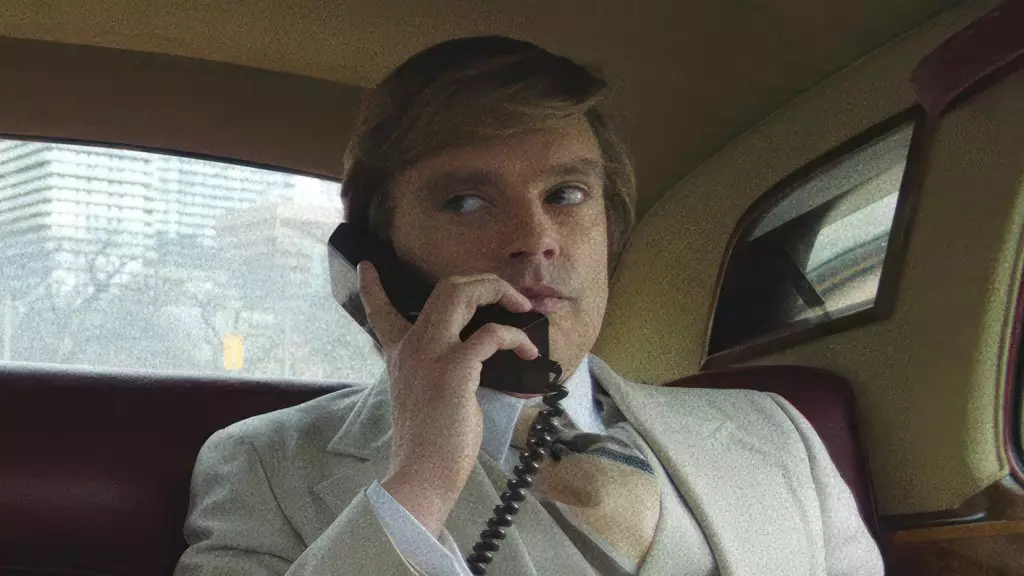Sebastian Stan is stepping into polarizing territory with his portrayal of Donald Trump in the film “The Apprentice,” directed by Ali Abbasi. The film, set to debut in US theaters on October 11, strategically aligns itself with the impending election cycle, making it a timely commentary on American politics. Stan’s candidness in discussing his preparation for such a contentious role raises questions about the responsibilities actors bear when interpreting real-life figures, particularly those as divisive as Trump.
The Research Process: A Delve into Character
In recent interviews, Stan humorously described his preparation as akin to practicing an instrument. He emphasized the importance of methodical research, drawing on an extensive array of documentaries and footage chronicling Trump’s rise in the political arena. This approach not only demonstrates Stan’s commitment to authenticity but also highlights a broader trend in filmmaking where meticulous research is crucial for conveying the complexity of historical figures accurately. However, such dedication to a role brings with it the risk of an actor becoming too immersed in character, a concern amplfied by the presence of Jeremy Strong, known for his intense method acting style.
Stan’s comments on needing rest underline the physical and mental toll that embodying a character like Trump can take. This raises a fascinating discussion point about the limits of transformation and the psychological impact on actors who delve deep into morally ambiguous personas. The challenge lies in finding a balance between embodying the character authentically without entirely losing oneself in the process.
The Film’s Context and Reactions
“The Apprentice” chronicles Trump’s early years, focusing on his controversial relationship with Roy Cohn, the political fixer who helped shape his career. The film features a powerful cast, including the likes of Martin Donovan and Maria Bakalova, indicating a well-rounded approach to the narrative. The story’s framing as a Faustian bargain hints at not only Trump’s rise but also the moral dilemmas associated with such power dynamics.
After its world premiere at the Cannes Film Festival, where it received an impressive 11-minute standing ovation, the film encountered vociferous backlash from Trump’s camp, who attempted to halt its screening through a cease-and-desist notice. This reaction not only speaks volumes about the contentious nature of the film but also underscores the volatility surrounding Trump’s legacy. Despite these efforts, the film found its way to the Telluride Film Festival, further solidifying its significance in the current political climate.
As we approach Election Day, “The Apprentice” arrives as a cultural artifact, enriching the discourse surrounding the implications of power and political ambition. Stan’s portrayal of Trump resonates beyond mere performance — it serves as a mirror reflecting societal tensions and the controversies of contemporary politics. This film may be instrumental not just in recounting history but in shaping the narratives that influence voters today. As audiences prepare to engage with this complex portrayal, the hope is that it sparks critical conversations about the figures who wield power in our society.



Leave a Reply